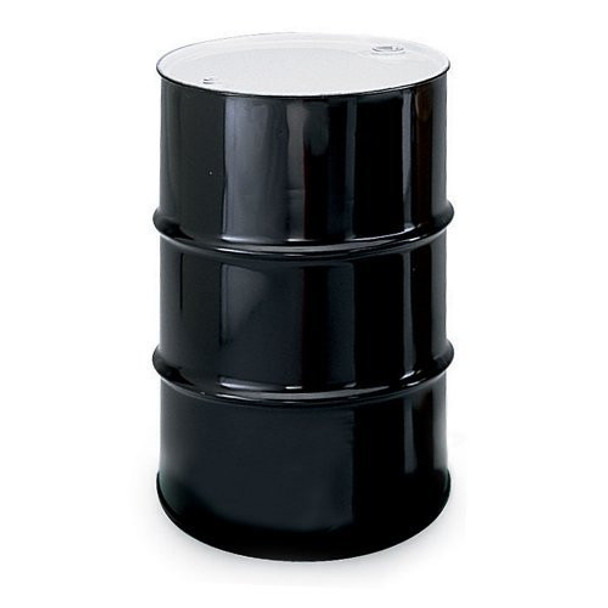Description
Molecular Sieve 4A Desiccant is shipped in 330 pound Steel Drums. Molecular sieve is a sodium aluminosilicate. It has a fixed pore size according to the material specified, a 4 Angstrom pore size being the most common (1 Angstrom - 3.94 x 10-9 inches) Because of its high comparative cost, it is normally used for special process applications. Pressure dew points to -100°F may be achieved with molecular sieve depending on the dryer design and operating conditions.
| General Name | 8x12 Beaded |
| Minimum Pore Diameter | 4A |
| Shape | Sphere |
| Size | 8x12 Mesh |
| Bulk Density | 42 - 48 lbs /cu ft |
| Resistance to Breakage | 7-12 Pounds |
| Absorption Capacity | 19.5 lbs Water / 100 lbs at 25°C & 17.5 MM HG Min. |
| Heat Absorption | 1800 BTU / LB H2O |
| Specific Heat | 0.23 Btu/LB oF |
| Moisture Content | 1.5% in Maximum Weight |
| Size Qualification | ≥ 95.0% |
| Ethylene Absorption | ≥ 14.0 MG/G |
| Wear Rate | ≤ 0.20% Weight |
| Package: Residual Moisture | ≥ 1.5% Weight |
| Packaging | 330 LB / 150 KG Steel Drum |
Applications: Multi-purpose. Molecular Sieve 4A is used for the dehydration and purification of various hydrocarbon and non-hydrocarbon gas and liquid streams.
• Drying and removing of CO2 from natural gas, LPG, air, inert and atmospheric gases, etc.
• Drying of organic liquids such as refrigerants, LPG, and gasoline.
• Removal of hydrocarbons, ammonia and methanol from gas streams (ammonia synthesis gas treating)
Regeneration: Type 4A molecular sieve can be regenerated for re-use by purging or evacuating at elevated temperatures. The degree of regeneration (water removal) is dependent on the temperature and humidity of the purge gas. To regenerate, heat the molecular sieve bed using a dry purge gas at an inlet temperature of 200-350°C and a pressure of 0.3 ~ 0.5 kg/ cm². As the temperature in outlet reaches 150 ~ 180°C, let the bed cool off.
Handling and Storage: Molecular sieve must be stored in a dry location (relative humidity <90%) to prevent re-adsorption of water. Opened packages should be resealed to prevent contamination of the product. Whenever possible, rotate stock to use oldest material first.
Benefts:
1. Uniform retention capacity
Moisture retention (pounds of water adsorbed per pound of desiccant) does not change appreciably if the air or gas is not saturated. It also keeps its moisture retention properties over a wider range of operating temperatures.
2. Round bead shape
Round shape has high abrasion resistance and results in lower pressure drop than extruded molecular sieve.













